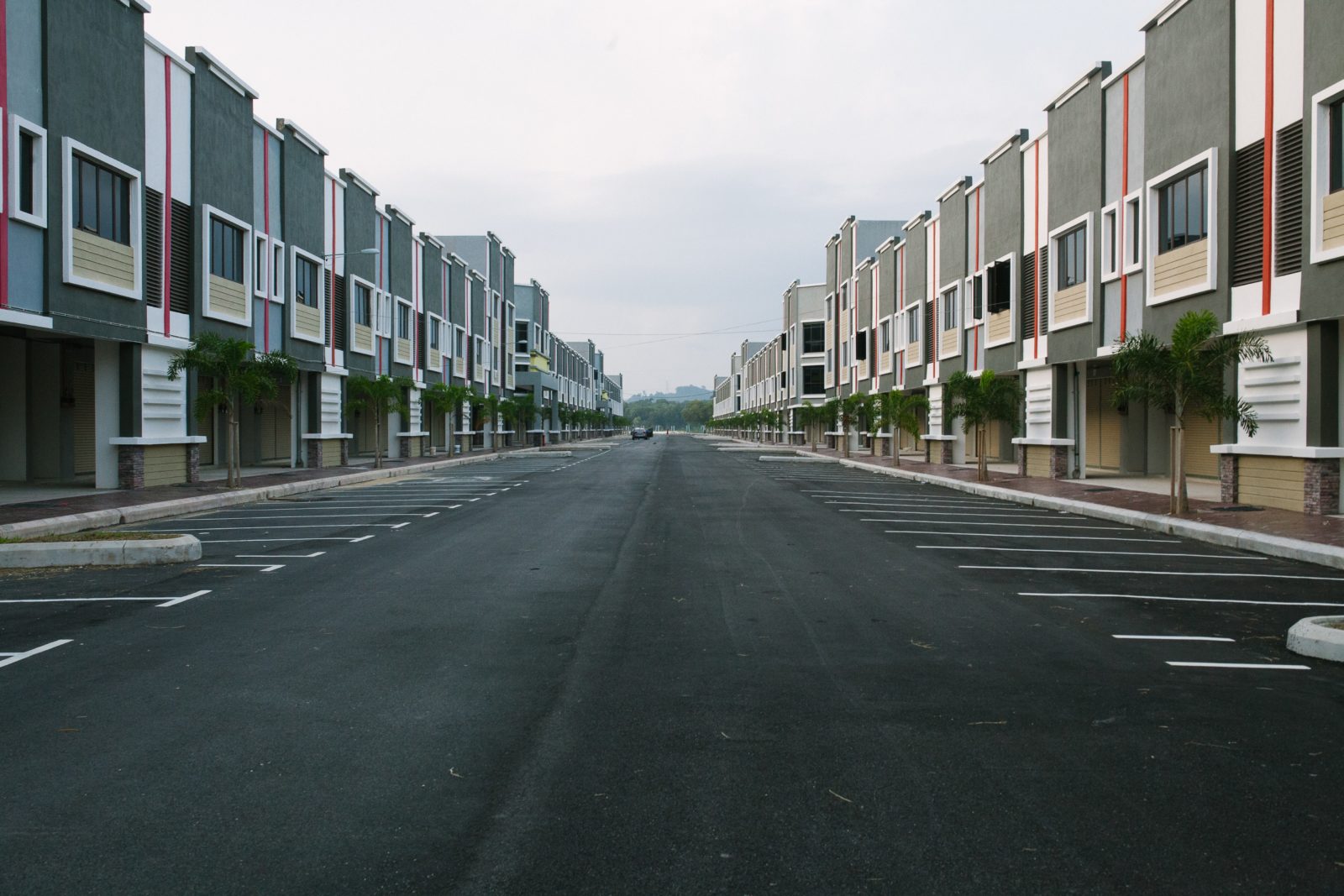Like much of the UK, Wales has been in the midst of a difficult cost of living crisis, and that has had a direct impact on rent. Reports by WalesOnline indicate a very challenging rise in the number of people contacting homelessness teams, reflecting a lower level of income and greater difficulty with paying even the basic bills. It’s not a case of greed, either, as rising interest rates have forced landlords to increase prices or sell up. In reaction to this, the Welsh government has decided to consult on rent controls for private tenants. What remains to be seen is whether this will actually shakeup the market.
Understanding buy to let
It’s important to distinguish between rental market issues caused by landlords seeking to raise rates to inflated local levels, and the impact on interest rates on properties bought to reinforce the rental market. Buy to let mortgages are a useful tool that allow people to purchase property to then licence in the rental market. These are typically likely to be buyers with lower overall disposable income, as the larger, institutional landlords can buy on lower interest rate mortgages or outright. As The Telegraph notes, up to 250,000 such property owners are facing imminent rate hikes after higher interest forecasts from the Bank of England. This will result in higher rent payments that cannot easily be rectified without the property owner losing money and, potentially, having to remove the property from the market and sell.
The purpose of controls
Rent controls seek to redress that balance through an easing in the market. As the BBC highlights, private controls are not unilaterally imposed. They are negotiated with the private market, and despite complaints from private landlords will be imposed following that negotiation. It remains a fact that rent increase rates are the highest since records began in 2010, at 4.8% over the year into April 2023. It’s also important to note that a rent freeze isn’t the only option; there are also negotiated rent increases, which will help families to plan.
Will it be necessary?
While the situation for renters is currently poor, there are positive indicators on the market. A roundup of these factors by industry magazine Insider Media highlights an improvement in the sellers market, with demand increasing as well as supply and a widespread flattening of prices. This is a turn away from the inflationary bubble of 2021 which, fortunately, did not pop, but maintained value. A bit of resilience in the market and a push towards calmness, however, is much appreciated. That, with luck, will move through to the rental market.
In the interim, however, rent controls may be required. They’re already well explored in regards to public housing, and, in Scotland, a 3% cap on rent rises has been generally well received. In the short term, at least, proactive moves are required – with landlord buyin – to create a fairer landscape for renters.








Leave a Reply
View Comments